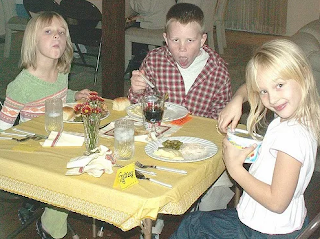Reading the Bible to spot the incoherence of theology
Many years ago I met a young man who had been raised in an evangelical Bible-belt family. He told me that a common way to greet friends was, “How is your walk with the Lord going today?” Perhaps this derives from the old hymn, I Come to the Garden Alone, with the lyrics, “And he walks with me, and he talks with me, and he tells me I am his own…” They know that Jesus is their friend. Since the Bible is god’s own word—without error or flaw—these are the Christians most likely to actually read the Bible. Inevitably, however, they run into Bible verses and stories that undermine, and even destroy, the Jesus-is-my-friend concept. Hence there are thousands of Christian apologists—including some very famous ones—whose mission in life is to spin the alarming Bible texts in the most positive ways, making everything “come out okay.”








.jpg)






